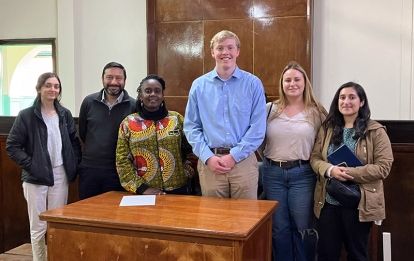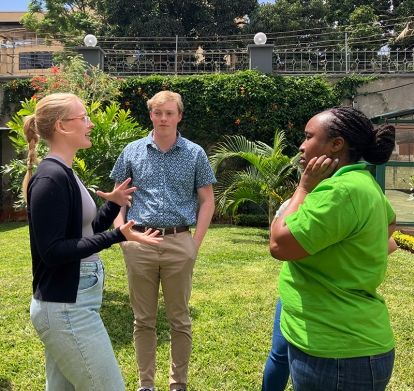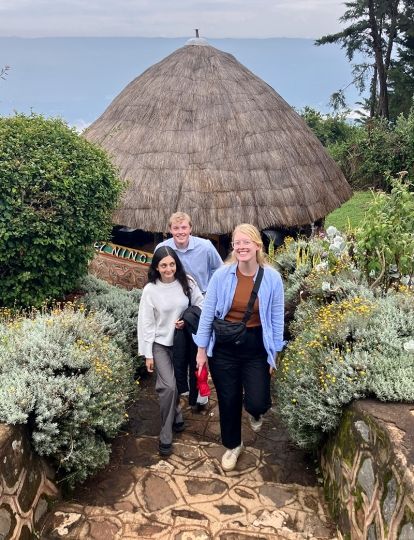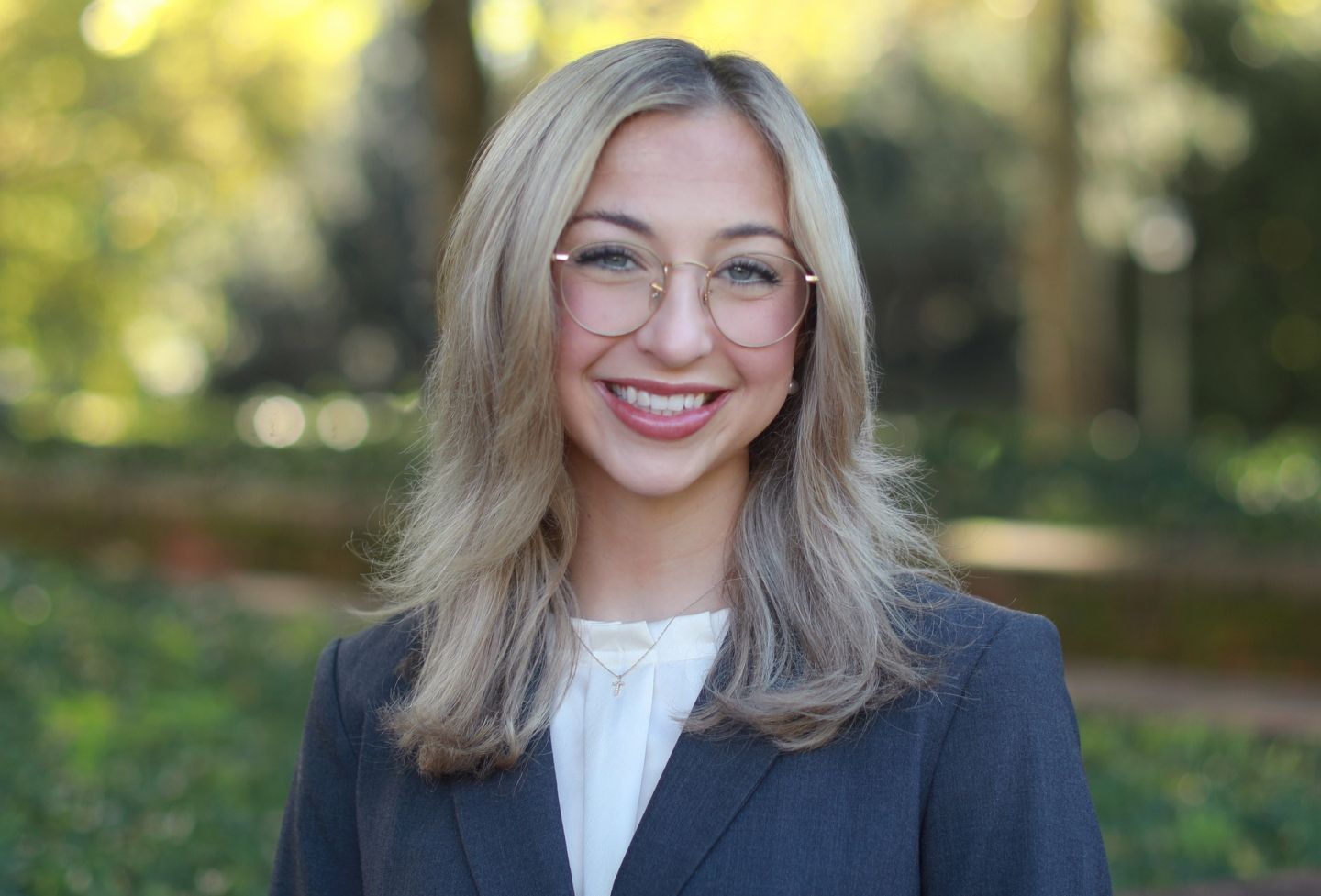Students in the University of Virginia Law School’s Human Rights Study Project traveled to Kenya for their annual research trip over winter break, spending seven days learning about health care rights and related issues in the East African nation.
Project participant Mahi Taban ’25 said the trip increased her awareness of the importance of working locally, even in the face of overwhelming international dilemmas.

Spending time in Kenya, she said, “inspired me to focus more on the things I can do for my own community. If you can start with a smaller issue, it seems more doable and then you can create a bigger impact.”
By engaging with local health leaders, students sought to compare regional and U.S. approaches to the issues and understand the global impact of U.S. policy, according to HRSP director Professor Camilo Sánchez, who also directs the Human Rights Program.
In the fall of the yearlong project, students study human rights research ethics and methodologies. After research abroad during the break, students draft research papers in the spring, culminating in a presentation to the Law School community.
Each year, the HRSP trip centers around a different theme. This year, the trip focused on global health interdependence, Kenya’s rights-based health care and women’s rights. By collaborating with the Legal Aid of Center Eldoret, or LACE, and AMPATH Kenya, an academic medical partnership that works with the Kenyan government and other organizations, the students got a more holistic view of health and legal advocacy issues in Kenya.

In Eldoret, Kenya, students visited the Agatha Amani House, a shelter for survivors of sexual and domestic violence, and the Gender Mobilization and Activity Response Center, or G-MARC — an organization that provides safe housing and post-trauma counseling for children who have survived sexual abuse.
Taban found the experience to be equally moving and thought-provoking.
“The G-MARC directors’ strength, kindness, generosity and dedication to social work was inspiring,” she said. “They kept saying, ‘It’s hard work, but we have to do it, because who else will?’ You’re working for something that is bigger than you.”
Lillie Stephens ’25 was impressed by the effectiveness of G-MARC’s small team.
“It was just two women with a background in social work who saw the need for this kind of support and protection for children,” she said. “They run it with the help of only a few other staff members.”
Sánchez said students gained a better understanding of the intertwined nature of legal and health care needs, especially for vulnerable populations. The trip illustrated the importance of engaging the community in health care issues and underscored the role of litigation in advocating for health rights and implementing court decisions once those rights are won, he said.

In collaborating with LACE, the group observed that victims of gender-based violence, individuals with disabilities, and those with mental health issues require combined medical and legal assistance.
“It’s crucial for health care and legal service providers to coordinate, ensuring compassionate, effective and efficient support for these complex needs,” Sánchez said.
Sánchez proved an adept and compassionate leader as the group worked to find their footing on the trip, according to Salwa Ahmad ’24.
“He took the time to get to know us, our interests and what we hoped to get out of the trip,” she said.
Sánchez was careful to keep the trip’s focus on learning and observation, rather than offering unwelcome or unnecessary aid, she said.
“We discovered some parallels between the [health care] issues happening there, and those we experience in the U.S.,” Ahmad said. “If we haven’t even solved a problem here, how could we begin to solve it there?”
Funding for this year’s trip was provided by the Cowan Fund and a grant from UVA’s Center for Global Health Equity.
Founded in 1819, the University of Virginia School of Law is the second-oldest continuously operating law school in the nation. Consistently ranked among the top law schools, Virginia is a world-renowned training ground for distinguished lawyers and public servants, instilling in them a commitment to leadership, integrity and community service.


